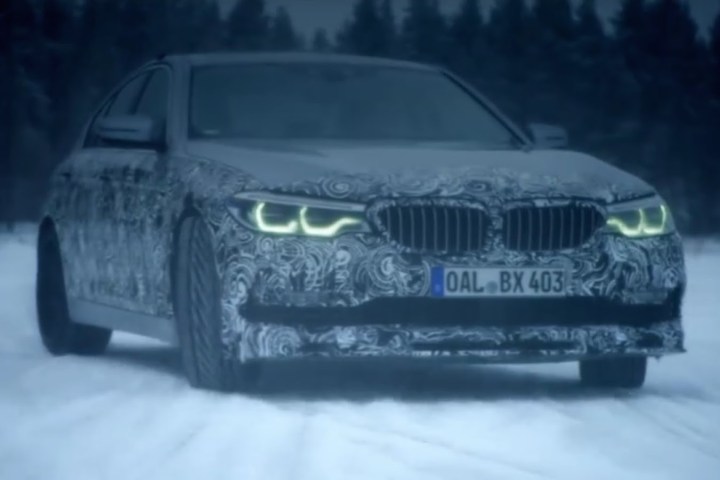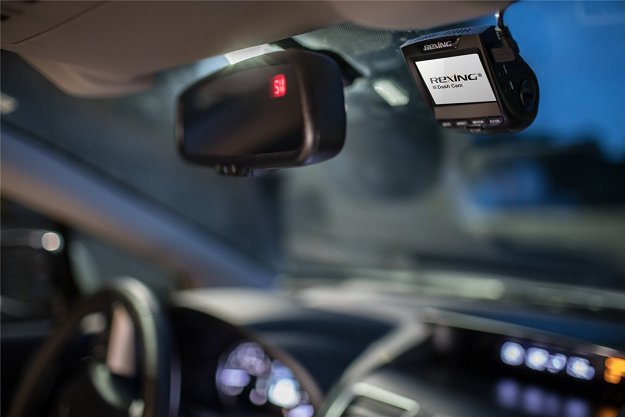
The B5 has always been a hyper-lux version of the M5. With similar power but less aggressive suspension tuning, the B5 is a premium boulevard bomber. The next generation will use a tweaked version of BMW’s 4.4-liter twin-turbocharged V8; over 600 horsepower will be sent to all four wheels via an eight-speed automatic transmission. If the previous generation B5 Edition 50 is a good indicator of performance, then 0 to 60 mph should take just over 4.0 seconds and top speed should hover around 200 mph.
Apart from the powertrain modifications, Alpina will give the 5 Series a unique ground effects body kit to distinguish it both from the 550 and M5, plus multispoke wheels and quad exhaust ports.
European buyers can look forward to both B5 sedan and B5 touring (wagon) bodystyles, but Americans will have to settle for the four-door. Soon after the conclusion of the Geneva Motor Show, Alpina will open its ordering books. Interested parties should prepare about $100,000 in exchange for the super-powered, super-posh sedan.
As for how the B5 will stack up against the next generation M5, we have a pretty good idea about how that comparison will play out. Notably, the new M550 xDrive will make 456hp and sprints to 60 mph in 4.0 seconds flat. That means the new M5 will likely target a 0 to 60 mph run in the mid 3.0-second range, significantly quicker than the outgoing B5 Edition 50. With the addition of bigger brakes, a lowered suspension, and slippery aerodynamics, the new M5 (due sometime next year) will clearly distinguish itself from the B5.


